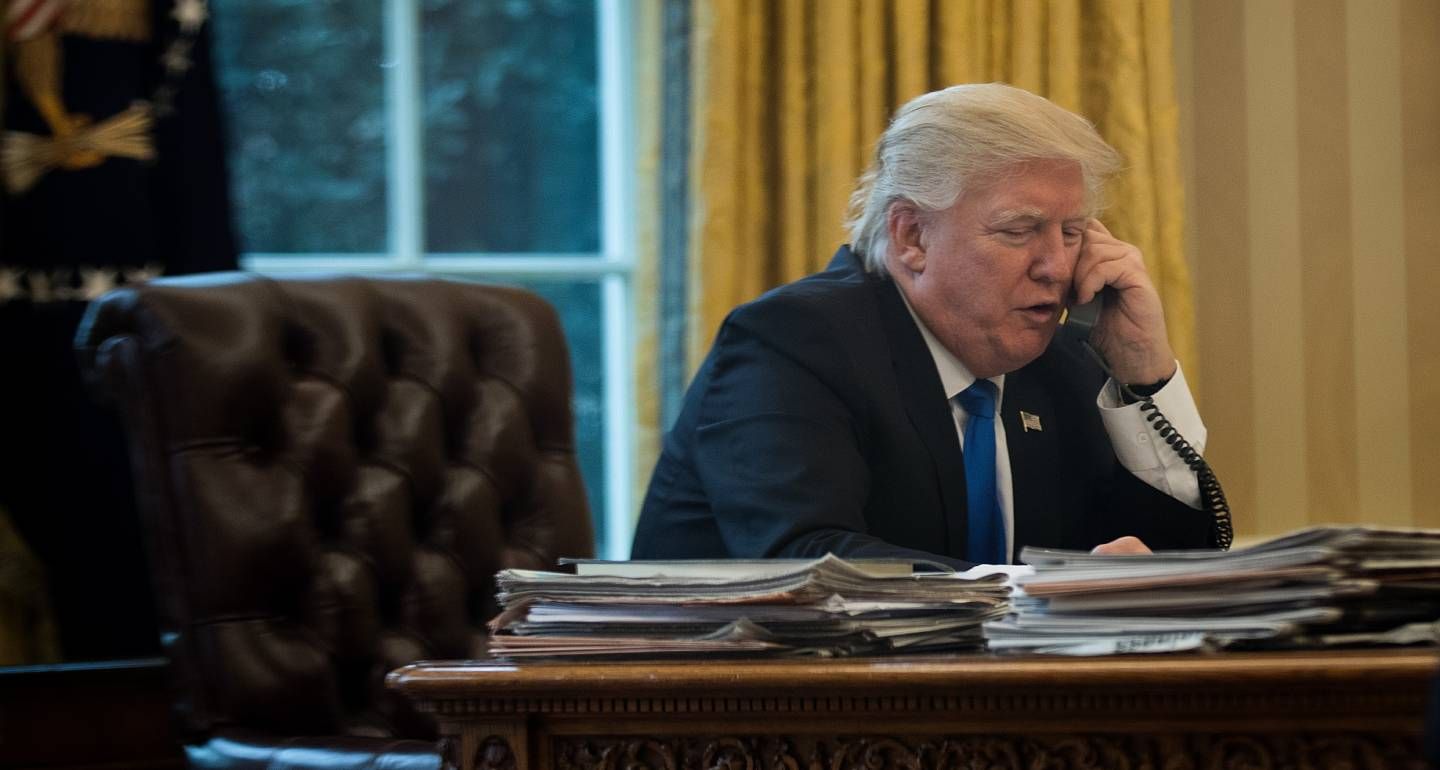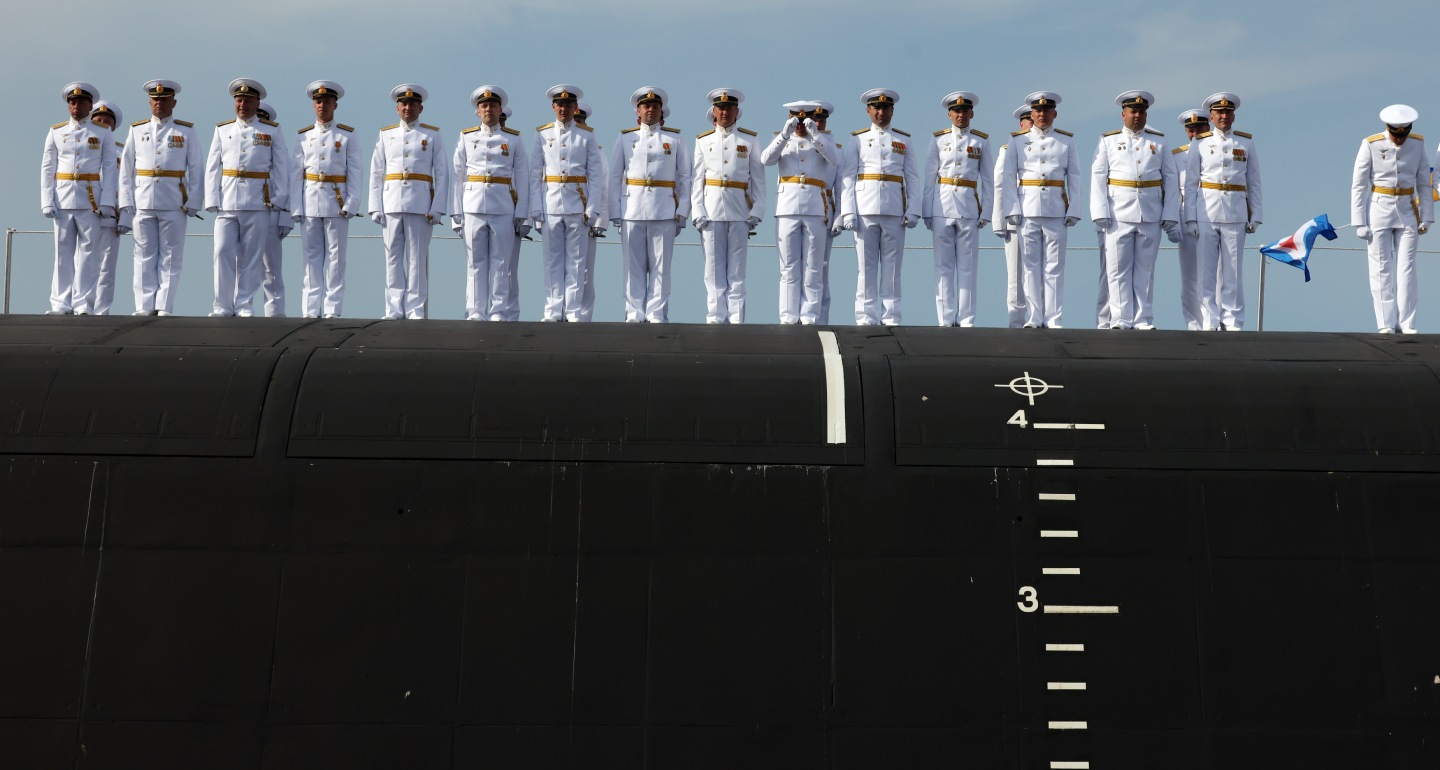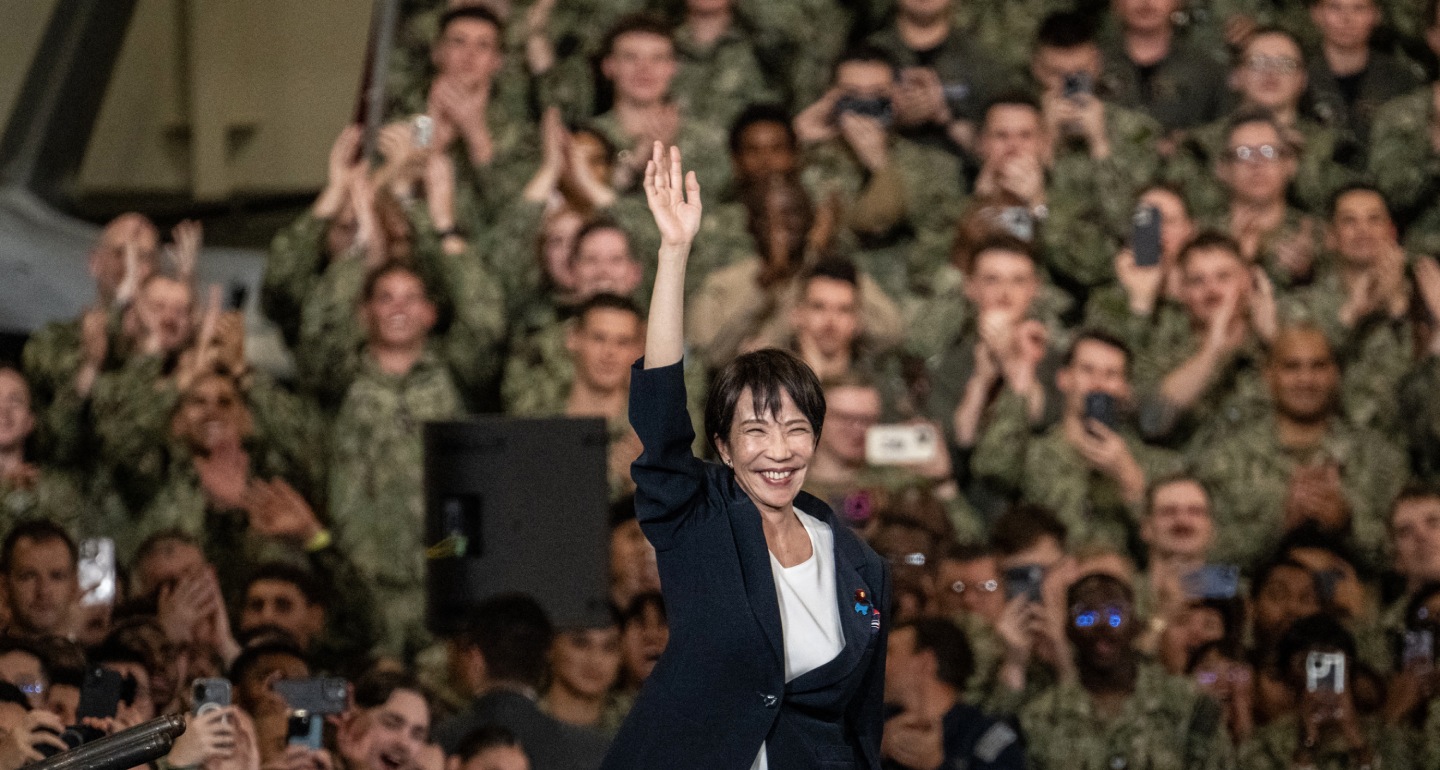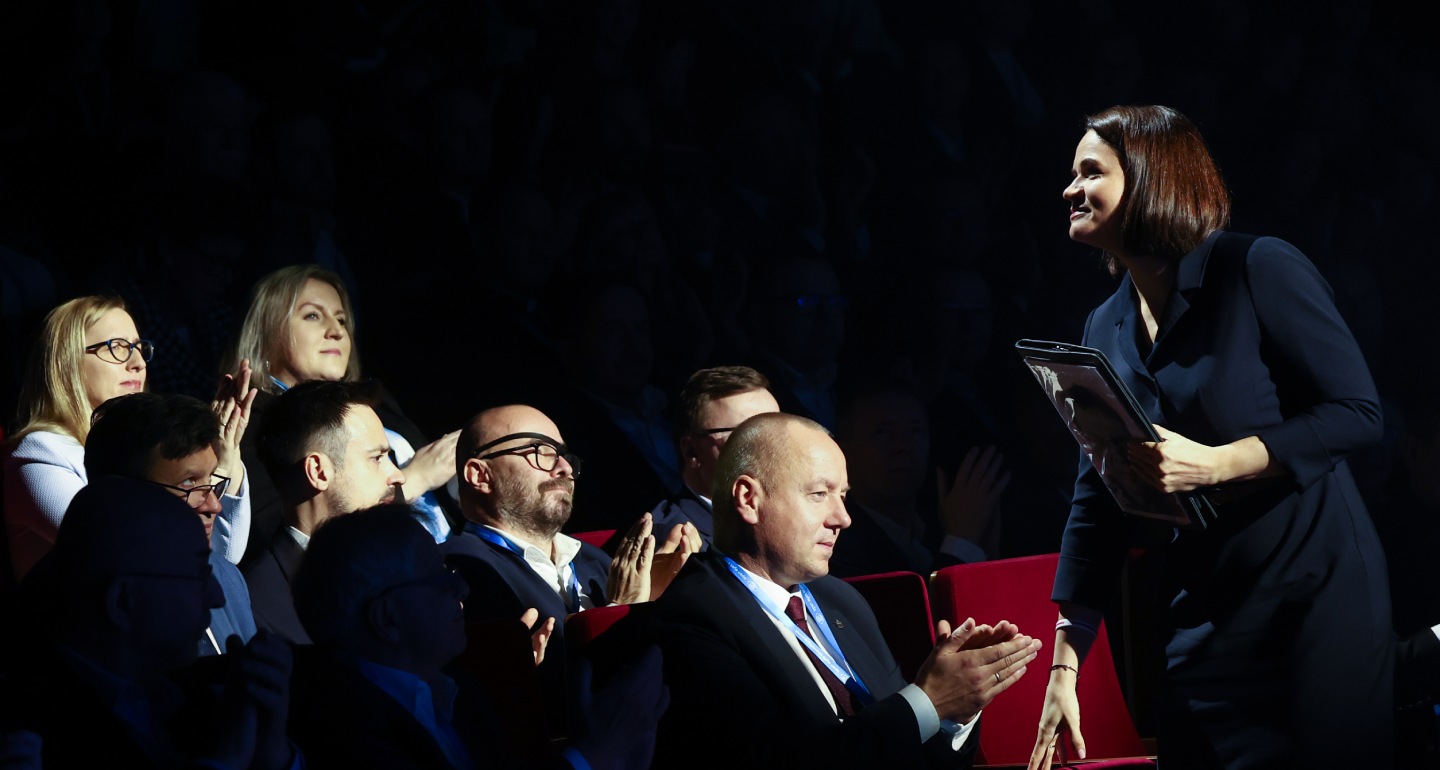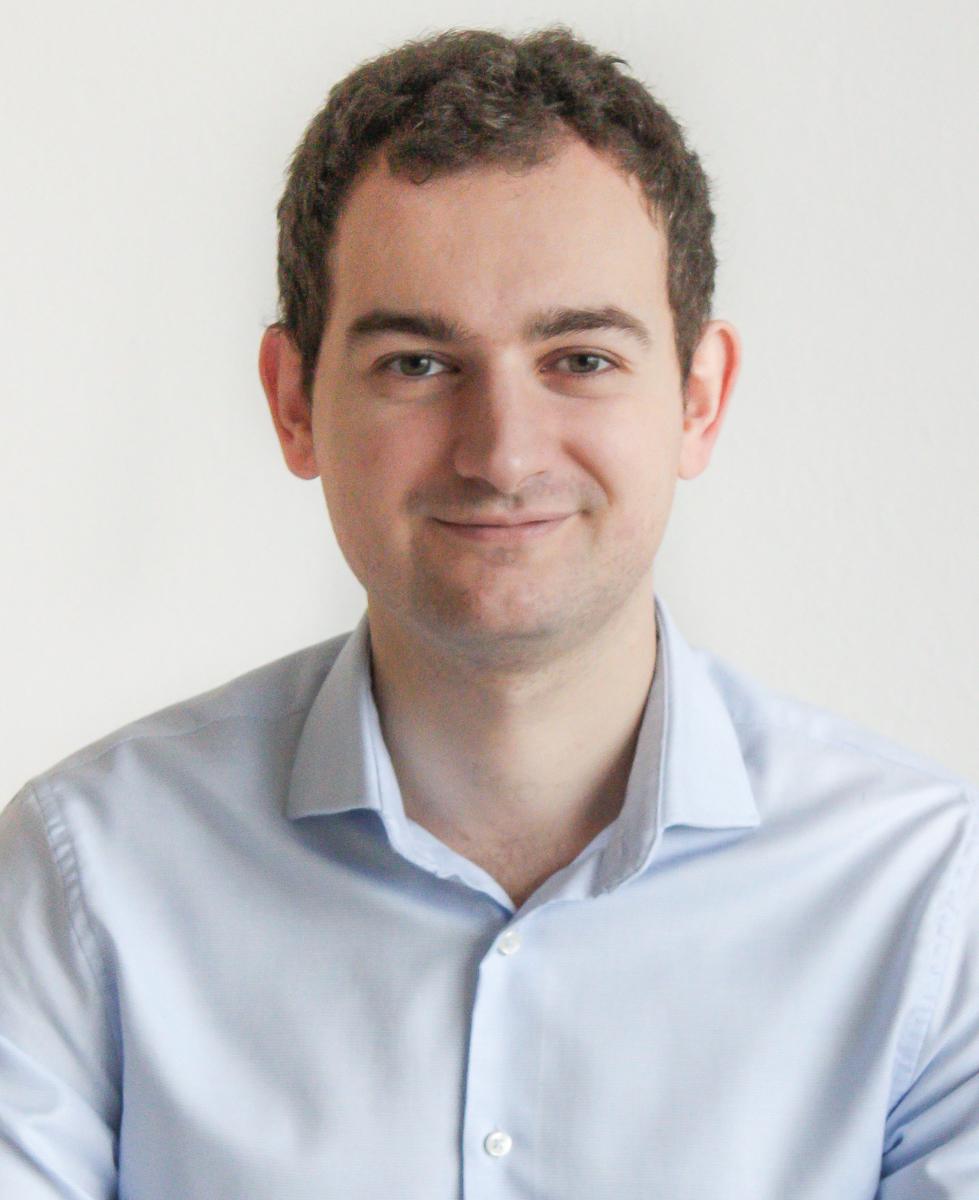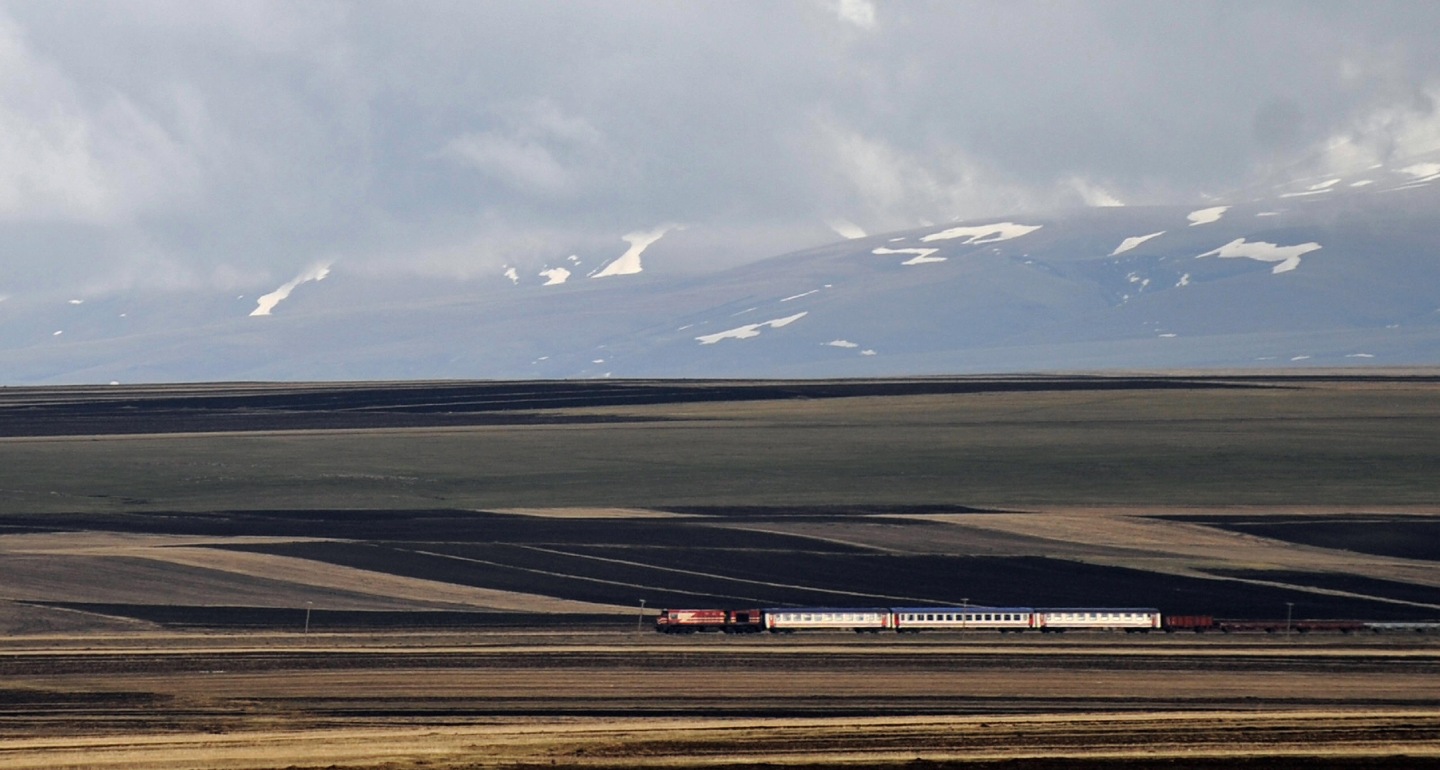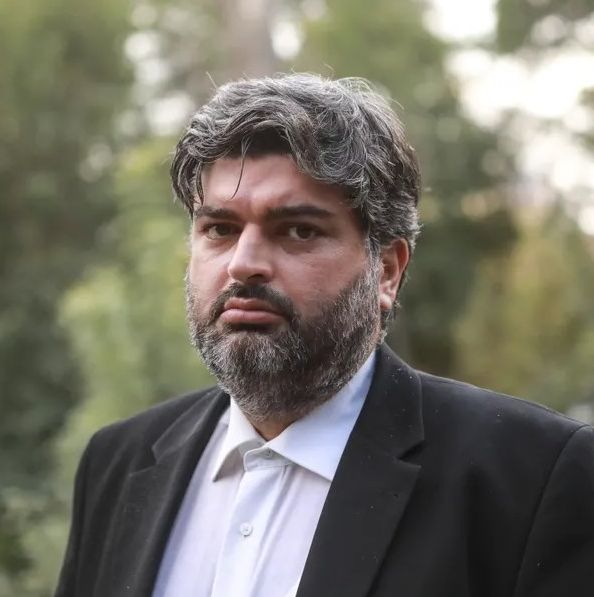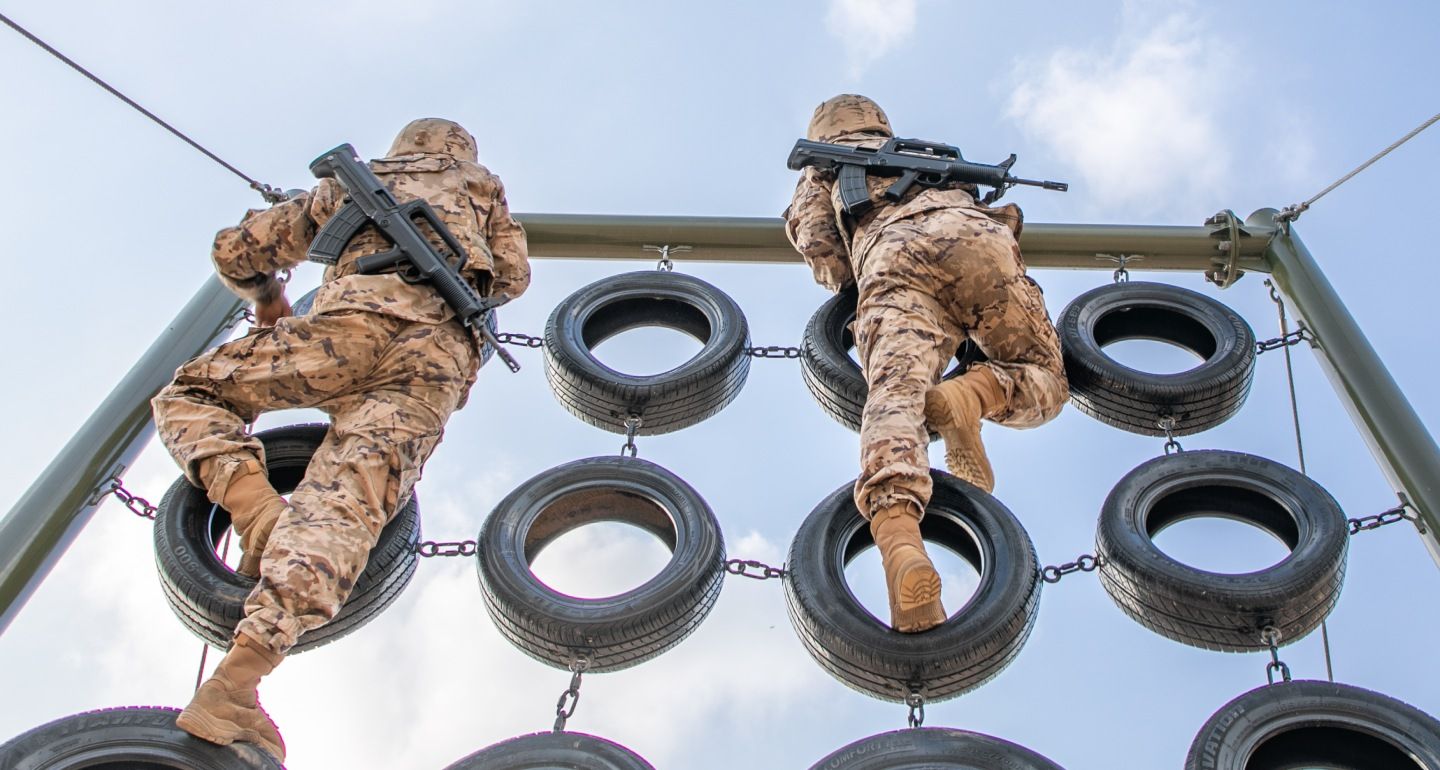“Good morning, new world... Oil will be $50 by May, it looks like there will be peace everywhere,” the Russian oligarch Oleg Deripaska wrote on Telegram on the morning Donald Trump’s victory in the recent U.S. presidential election was announced. His comments reflect the mood of many representatives of the Russian elite, who expect that Trump and his team will help bring the war in Ukraine to an end. Moreover, as a “pragmatic” person, the next U.S. leader will surely listen to Russia’s demands and at least meet it halfway.
After Trump’s victory in 2016, the mood in Moscow was even more optimistic: he was seen as nothing short of a pro-Russian politician. The reality, however, fell far short of expectations. During his presidency, the United States withdrew from the Intermediate-Range Nuclear Forces Treaty, began supplying Ukraine with lethal weapons, and continued to expand anti-Russian sanctions.
Now, many in the Russian elites are once again pinning their hopes on the Republican president-elect. But there is a fundamental difference from 2016. These hopes are now not for Trump as some sort of “Russian agent,” but as an external force capable—unlike the elites themselves—of solving Russia’s main problem right now.
Trump’s image as a straight-talking businessman with a colorful past who enjoys the good life appeals to the Russian elites. His actions may not always be predicable, but they can generally be understood and explained through logic.
The hopes Trump has given rise to are also a reflection of the war fatigue felt by the Russian elites and public as a whole. Russian President Vladimir Putin sketched the outlines of his vision for a ceasefire a long time ago, but it would take Russia years to fully implement its conditions, such as taking control of the Ukrainian regions of Kherson and Zaporizhzhia—if it is even possible.
In other words, the Russian president is stubbornly demanding the impossible, which gives the elites the impression that his true desire is to wage an endless war. He is effectively saying, “these are our demands, they don’t want to fulfill them, so we have to continue.” Against the backdrop of uncertainty created by Putin, Trump’s declared intention of ending the war as swiftly as possible appears crystal clear, and the Russian elites could not fail to notice that. They also see Trump’s presidency as an opportunity to neutralize Putin’s messianic impulses with the pragmatism of a Republican: a representative of that “old America” that knows how to get things done and always looks for the advantage for their country.
For a long time, Putin himself was considered a pragmatist—the country’s chief pragmatist, even—but the full-scale invasion of Ukraine destroyed that image. After all, even the unrealistic scenario of an outright victory at the front wouldn’t bring Russia any benefits. The last thing it needs is territorial growth: the country already has swaths of empty land, and rebuilding the war-torn territory Russia has annexed from Ukraine will require enormous cash injections. Meanwhile, the sanctions unleashed in response to the war have dealt a serious blow to the economy, and those problems will only get worse.
Right until the last, the elites did not believe there was really a prospect of war with Ukraine, and that was because they considered Putin a rational politician. Then they clung to the irrational belief that the president was both lucky and knew what he was doing, and so the war would ultimately end in a Russian victory. But almost three years into the bloodshed, it has become clear to a significant part of the elite that Putin does not—and never did—have a clear plan of action, and that the stated goals of the war are nothing but empty rhetoric.
Entrepreneurs and state managers are already openly talking about serious problems in the economy, but are met with little understanding from the leadership. The president lives in his own little world, as far as possible from rationalists and pragmatists.
Meanwhile, the irrational state of Russian politics right now offers a voice to those like the political scientist Sergei Karaganov, who has suggested that the Kremlin should not hold back in using nuclear weapons, that it should populate Siberia with people from the annexed territories, and that it should start teaching ideology from kindergarten. Incredible as it might seem, those ideas may well resonate with Putin, who believes in the messianic role of Russia and himself.
The nuclear saber-rattling of Russia’s senior leadership and ballistic missile strikes do nothing to add to the elites’ sense of stability. In this context, Trump looks like a rational external factor, an apparent pragmatist who can at least try to resolve this dangerous conflict.
Any such hopes for Trump are largely unfounded. His proposals to freeze the conflict along the front line are unlikely to be enough for Putin, while a refusal from the latter will likely mean a new round of confrontation with the United States, only under a new president.
There are other sticking points, too. Trump has promised to ramp up the pressure on North Korea and Iran—Russia’s main friends—as well as on China, Moscow’s key partner. It is also unclear how Russia can combine “pragmatic” relations with the United States and friendship with the Global South. Finally, Moscow’s policy of building a leading anti-Western force out of BRICS is another obstacle in the path of normalizing relations with America.
Nevertheless, the mere prevalence of such hopes among the Russian elites speaks volumes. Internally, they are striving for normalization, rationalization, and pragmatism: things that Putin cannot give them. It is telling that even in official statements, many representatives of the elite essentially recognize the supreme arbitration of the United States. That is yet another defeat for Putin in the virtual battle with Trump for the hearts and minds of the Russian elites.
For now, it is only a question of finding a strong external hand: an overlord who will come and judge. But this sympathy for the Russian president’s foreign antipode is also testament to what kind of alternative to Putin would be in demand inside the country. Many in Russia yearn for a pragmatic and rational leader.

